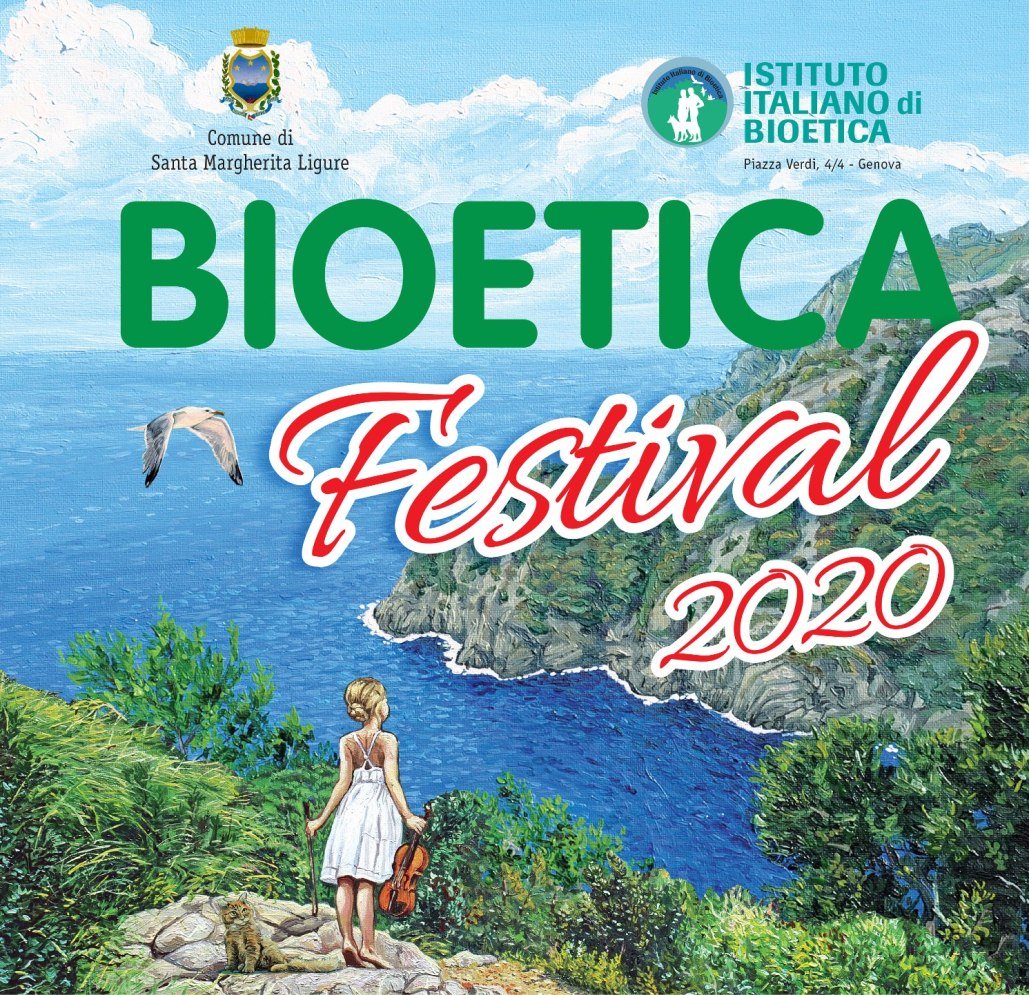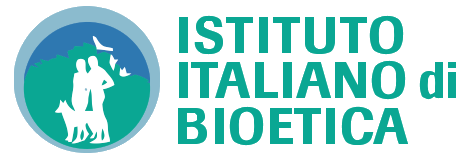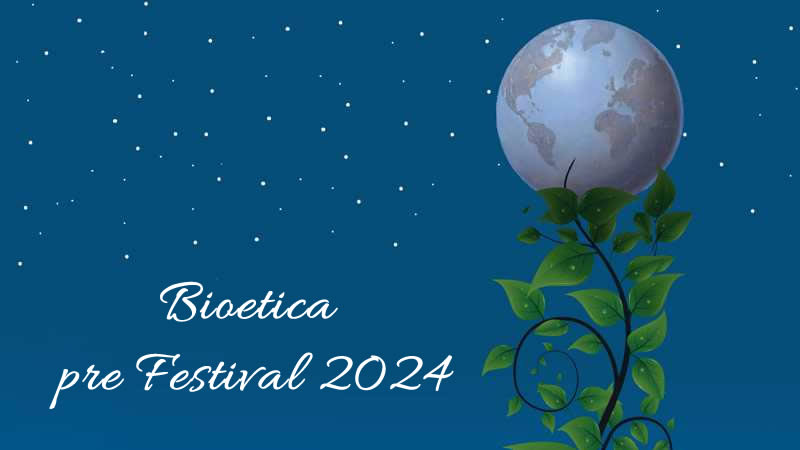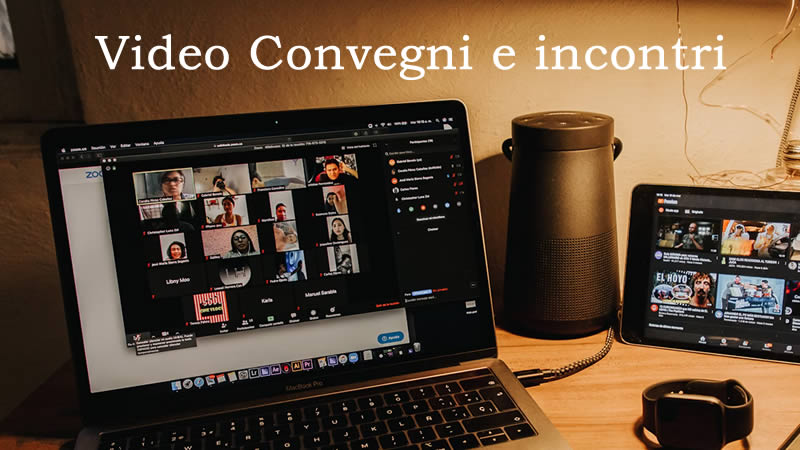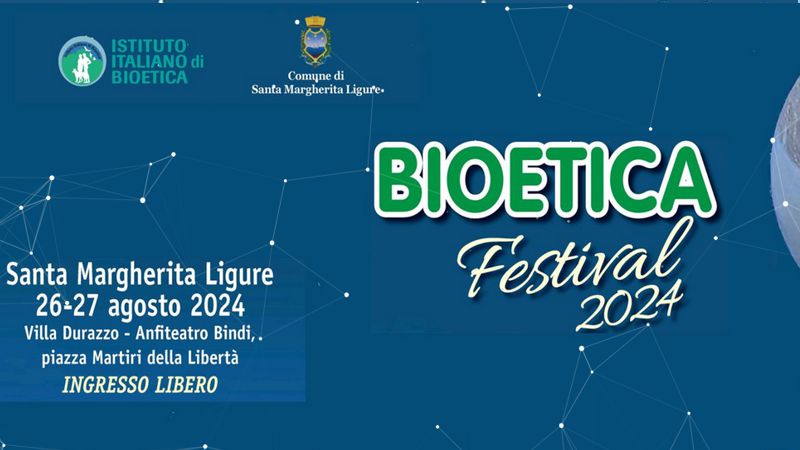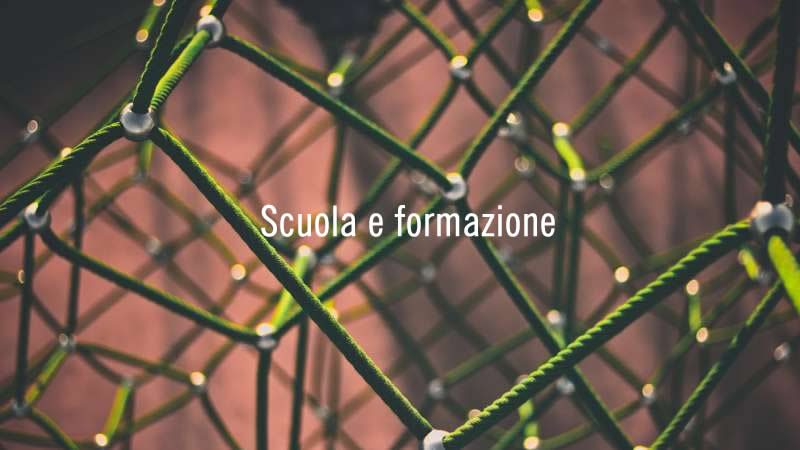The Specific Role of European Specialists on Prevention and Cure of Environmentally-Related Diseases
Giorgio Berchicci
It is likely that the picture of Naples with urban waste scattered everywhere has got a symbolic character for the problems that our World is bringing face to face today. On the one hand, rubbish hip is a symbol of well-being indicating how much money was spent. On the other hand rubbish hip is also a symbol of an economic policy where all industrial products finish in waste and where increased production is the only consideration. The pollution seems far from being important, diseases derived from their inappropriate disposal are hidden, even the Fukujima tragedy is represented as an unexpected event and the redundancy continue to increase. However, millions of people continue to live without drinkable water and without adequate food to eat, if any …
The U.E.M.S. (Union Européenne des Médicins Spécialistes, Union of European Medical Specialists) was established in 1958, just one year after the Treaty of Rome that was signed in 1957, to encourage free movements of people, services and goods inside Economics European Community CEE. It is the oldest European medical association, representing thirty-five membership countries now and with more than 1.6 million specialists it is the most representative medical association. It is an international non-profit association under Belgian law, and the most important requirement is to be an ethic association.
Its structure is comprised of thirty-eight specialist sections recognized by European Union and additionally eight Multi Joint Committee MJC representing those specialties where the interests of several sections overlap.
The main aim of the UEMS is to promote the ethical status of medical specialists, their attitude, skills and knowledge, their so called “competence” and to improve the contents and harmonization of trainees’ curricula throughout Europe. We believe that each European citizen should be treated equally with the same quality of proceedings and care, provided by competent specialists, found everywhere.
Within the UEMS organization there are different working groups. One of them discusses the “Quality in Patient Care”, specifically addresses the sphere of ethics and produces independent guidelines not only for doctors but also patient organisations and governments.
The UEMS has also published numbers of original documents like the “European Definition of Medical Act” (the first, and still the only one definition of medical art in Europe), the “Budapest Declaration on Ensuring the Quality of Medical Care”, the “European Ethical Principles” etc.
But we should not forget to mention our Council - the European Accreditation Council for Continual Medical Education (EACCME). The aim of this organization is to maintain specialists’ knowledge, skills and expertise with up-to-date Continuing Medical Education/Continuing Professional Development (CME/CPD) which includes also the latest scientific advances in environmentally-related disorders, and the European Council for Accreditation of Medical Specialists Qualifications (ECAAMSQ), a web based system to recognise and improve the professional quality of specialists.
The UEMS has got also a continuous exchange of ideas and positions with EU Commission, and particularly with DGs Sanco and Internal Market, as it is the most important European medical association dealing to advise with specialist issues and care. The UEMS has realized a long-standing medical dream in these last months: to have a centre to represent all European doctors in Brussels. Five floors, 800 square meters, in which all European medical organizations can have their premises.
This is only a short introduction to present our association and to explain our specific role as European specialists in the prevention and cure of environmentally-related diseases.
After the disaster of World War II we have got the luck to observe Europe to be re-born thanks to a very long period of freedom, democracy and peace resulting in very good national health care systems. Certainly the progress in technology has also got a particular importance. Scientific researches in medicine have resulted in huge changes in diagnostics, treatments (both medical and surgical) and techniques of delivery of care. Many diseases, till now almost incurable, today can be cured very well. We usually think on antibiotics therapy, but a great progress has also been made by European medical specialists in other branches like cardiology, oncology and the prevention of cancer. Socially minded doctors have led to the denunciation of cigarette smoke causing lung diseases and also others, they have led to the battle against drugs, alcohol and obesity. Another continuing battle is to ensure vaccination against the most dangerous infectious diseases, not only of children. In occupational medicine, the recognition of occupational diseases caused by increasing levels of allergy from growing number of pollutants brings grown up disability. European specialists are playing a very long and hard battle also on this field, because more pollution has got more pulmonary diseases and allergy as a consequence. In addition to the somatic diseases which are strongly related to the environment, another group of challenges in health care needs must be mentioned, namely mental disorders. Mental disorders can cause enormous suffering not only to individuals but also to their families and society. In postmodern societies mental disorders are causing increasingly inability to work.
The UEMS and its Sections and Boards have developed training standards to improve medical treatment and to promote development of the service systems for the mental well-being of the European citizens and also for many other specialties like allergology.
Even if we grew up to ever more sophisticated society, we cannot ignore the fundamental common needs for clean air, uncontaminated water, well-health, nutritious food and the ethical use of knowledge.
In the last forty years medicine has lived through a very important period, rich in inventions that improved and prolonged our lives. It is supposed that to eat better, to live in clean, light and airy houses, to have a good workplace and a to have a good salary means to have the guarantee for a better life without any diseases of previous centuries. But these advantages have also brought an increase in obesity, metabolic diseases, allergies and cancers.
European specialists have always had a very hard battle to win against some terrible diseases. But thanks to technology doctors have got sophisticated medical devices to set the diagnosis in as early stage of disease as possible. RMN, TAC and Scans are able to discover early stages of cancers and metastases and also allow set up an accurate diagnosis in most of the common diseases. Advanced therapy and early diagnosis has permitted European specialists to play (and in some cases to win) a hard battle against the scourges of cancer, tobacco, alcohol, cardiac diseases, obesity, allergies, lung diseases etc.
Industrial society needs to be competitive therefore it is faced to produce more and more. But only a few people are asking themselves where and when it all brings to an end.
At all times medicine has to look for the highest standards of care for the well-being of European citizens. We are sure that medical specialists practice their profession very seriously and responsibly. They have got their ethical responsibility dating from Hippocrates to maintain and improve their knowledge, skills, attitudes and competence. For these reasons we have established European Accreditation Council for Continual Medical Education (EACCME) in 2001. This is a system of assessing educational events for the mutual recognition of credits within all European countries and with an agreement with American Medical Association (AMA) also with the United States. In many European states continual medical education is mandatory while in some of them it is still voluntary but linked to deontological rules.
UEMS has produced documents over a number of years and also charters to ensure the highest quality of requirements for specialists based upon the latest scientific, educational and ethical considerations. The most important is the “Charter on Continuing Medical Education” (1994). Continuous Professional Development (CPD) is defined as the educative means of updating, developing and enhancing how to apply the medical knowledge, skills and attitudes required in doctors’ daily practice. The UEMS therefore believes that continuous professional development is essential for ensuring high standards of medical practice as it is stated in “Basel Declaration” – Charter on Continuing Professional Development (2001).
Continuing Medical Education/Continuing Professional Development is related to established specialists. There is also a new UEMS structure dedicated to both established and young specialists and trainees, European Council for Accreditation of Medical Specialists Qualifications (ECAAMSQ) for the recognition of quality of training and practice. This idea is one of most important issues contained in the document “UEMS Strategy” (2008). Its aim is to invite the National Medical Associations (NMA), UEMS Sections and Boards and also National authorities responsible for accreditation of medical education and training in each of the twenty-seven member states to reach consensus on:
· the core essentials that notify the high quality of medical specialist education and training programmes,
· conveying the agreed outcome of these deliberations to the European authorities with a proposal to have these principles formally incorporated into European legislation,
· offer and ensure the appropriate tools in order to implement the comprehensive process of individual/organizational/institutional Post-Graduate Medical Specialist Training (PGMST) accreditation at the European level.
To conclude - at Brussels airport there are two very large advertisements, side-by-side. The first one says: “The world of tomorrow needs answers that last - that’s why we’re building them today, with customers all over the world”. And the second one says: “Materials for a better life - clean technologies for a sustainable future”.
Both industries are working in energetic branch with research as the basis of their work. Similarly, by promoting researches in the UEMS Sections more and more possibilities are offered to European specialists to discover, to prevent, to diagnose and to treat new diseases. As we recognized a lot of them are occupationally and environmentally related.
